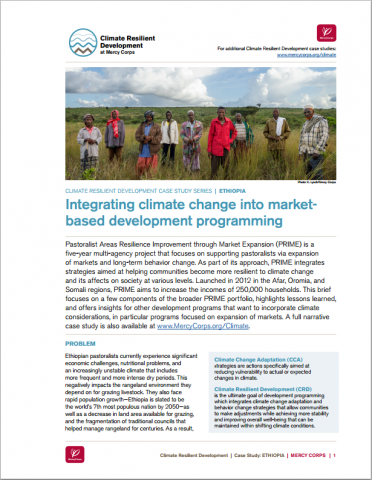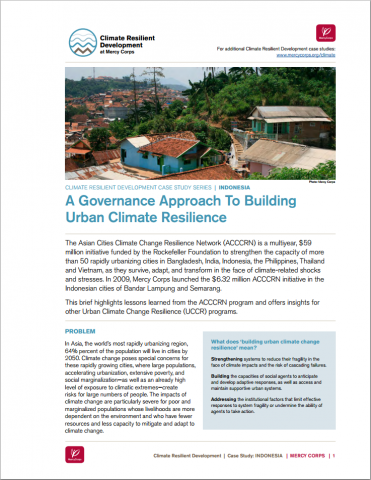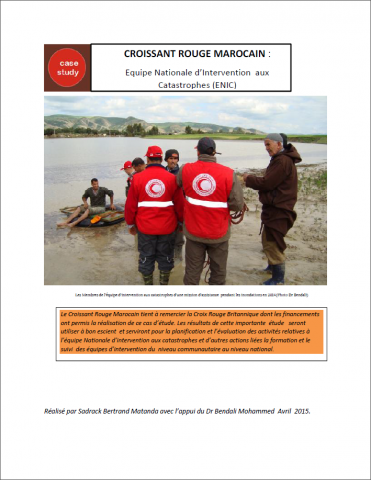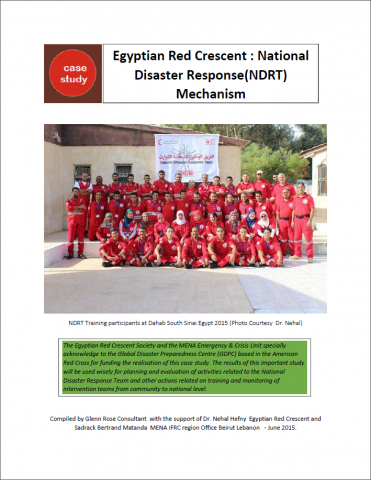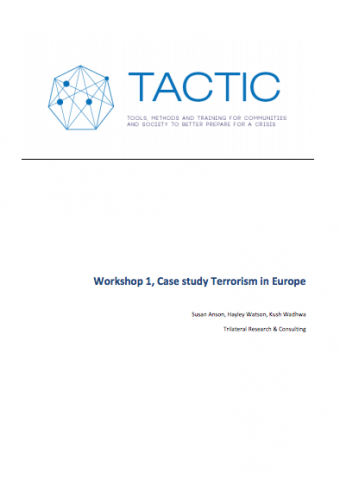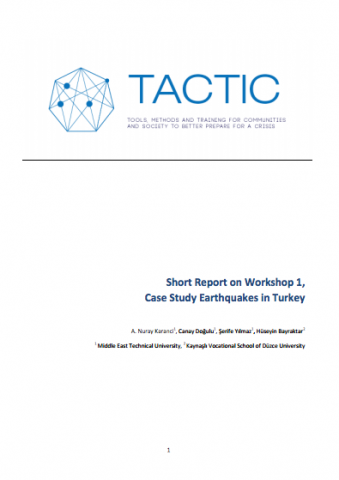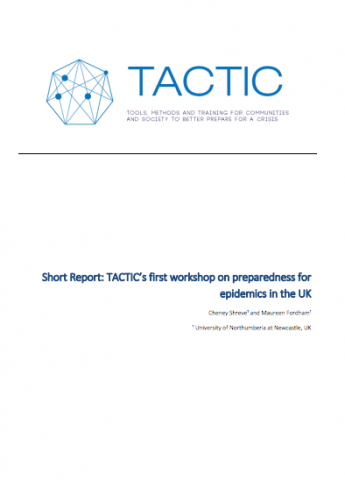Integrating Climate Change into Market-based Development Programming
This brief focuses on a few components of Mercy Corps’ broader PRIME (Pastoralist Areas Resilience Improvement through Market Expansion) portfolio in Ethiopia, highlights lessons learned, and offers insights for other development programs that want to incorporate climate considerations, in particular programs focused on expansion of markets. This series of case studies are aimed to discover […]
Integrating Climate Change into Market-based Development Programming Read More »

